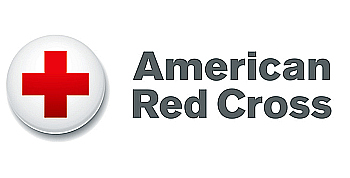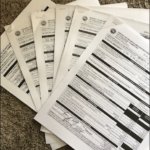 The American Red Cross is facing a looming blood shortage, leading to an urgent need for donors of all blood types to roll up a sleeve and give.
The American Red Cross is facing a looming blood shortage, leading to an urgent need for donors of all blood types to roll up a sleeve and give.
Donations through the Red Cross are down approximately 8 percent over the last 11 weeks, resulting in about 80,000 fewer donations than expected. The number of donors continues to decline, and the shortfall is significant enough that the Red Cross could experience an emergency situation in the coming weeks.
In addition, the Independence Day holiday falling on Friday reduced the number of blood drives scheduled in early July. Many sponsors did not host drives because people took vacations either over the long weekend or for the entire week. In an average summer week, about 4,400 Red Cross blood drives are scheduled, compared to Independence Day week when only 3,450 drives occurred.
Eligible donors with types O negative, B negative and A negative blood are especially needed at this time. Type O negative is the universal blood type and can be transfused to anyone who needs blood. Types A negative and B negative can be transfused to Rh positive or negative patients.
There is also an urgent need for platelet donations. Platelets – a key clotting component of blood often needed by cancer patients, burn victims and bone marrow recipients – must be transfused within five days of donation, so it’s important to have a steady supply of platelets on hand.
The next upcoming blood donation opportunity in Marshall County will be Thursday, July 24 from 8:00 a.m. until 1:00 p.m. at Marshall County Highway Department, 9675 King Road in Plymouth.
To donate blood simply call 1-800-RED CROSS (1-800-733-2767) or visit redcrossblood.org to make an appointment or for more information. All blood types are needed to ensure a reliable supply for patients. A blood donor card or driver’s license, or two other forms of identification are required at check-in. Individuals who are 17 years of age (16 with parental permission in some states), weigh at least 110 pounds and are in generally good health may be eligible to donate blood. High school students and other donors 18 years of age and younger also have to meet certain height and weight requirements.














